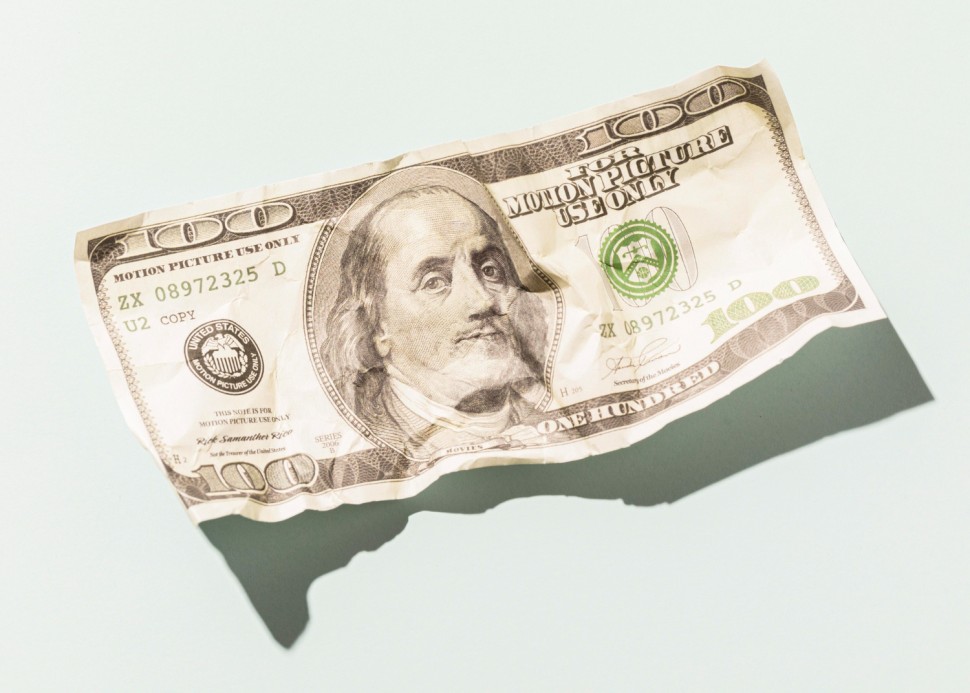
Unpacking the Truth About $8,700 IRS Stimulus Checks
The buzz around stimulus checks has remained palpable long after the introduction of the Economic Impact Payments (EIPs) intended to assist Americans during the tough economic downturn induced by COVID-19. While the federal initiative officially encompassed only three rounds of stimulus checks during 2020 and 2021, speculation about a fourth installment has been rife, particularly regarding an alleged $8,700 stimulus check from the IRS.
Reality Check on the $8,700 Stimulus Payment
Recent trends in Google searches have spotlighted a burgeoning curiosity about an $8,700 stimulus check purportedly being offered by the IRS to eligible citizens. This spike in interest appeared alongside various unrelated yet popular queries, showcasing the diverse attention points of the American public. The searches implied the IRS was directly engaging in disbursing these considerable sums through its official channels.
However, thorough investigations into these claims have yet to yield any credible confirmation of such an initiative by the IRS set for disbursement in 2024. This absence of concrete evidence, coupled with the lack of reputable news coverage on the matter, significantly undermines the legitimacy of these rumored stimulus checks.
Addressing the Wave of Misinformation
The IRS has been clear in its stance, categorically denying the existence of an $8,700 stimulus payment. Robert Marvin, a media relations specialist at the IRS, referenced a July 2023 press release which, while not acknowledging new stimulus checks, alerts the public to various scamming strategies. These scams leverage the lingering public hope for additional financial aid, employing deceitful tactics including emails and phone messages falsely claiming to represent legitimate economic stimulus efforts from prior years.
The Undercurrent of Scams
The intrigue surrounding such a significant alleged stimulus payment echoes previous instances of misinformation. Scammers have historically exploited social media platforms and other digital avenues to promote fraudulent narratives. These misleading advertisements often promised fiscal benefits, subsidies, or stimulus payments, speciously sanctioned by government entities. The objective behind these deceitful promotions was typically to siphon personal information or earn commissions through referrals to dubious non-government websites.
Safeguarding Against Financial Frauds
In light of these deceptive practices, emphasis is placed on the criticality of sourcing information from official avenues. Websites endorsed by the federal government, such as Benefits.gov, GovLoans.gov, and Grants.gov, are vouched for their reliability in providing accurate details on available assistance programs. These resources are instrumental for individuals seeking support without the risk of falling prey to misinformation or scams.
Navigating the Landscape of Economic Assistance
As the allure of additional stimulus checks lingers, it's paramount for the public to remain vigilant. The legacy of the EIPs, coupled with the evolving nature of government-provided financial assistance, necessitates a discerning approach to information consumption. While the concept of stimulus checks has broadened to encompass various forms of aid amidst challenges like inflation, the specificity and conditions of such assistance require careful scrutiny.
The narrative surrounding the alleged $8,700 stimulus checks by the IRS underscores an ongoing battle against misinformation and financial exploitation. With no substantial backing for such a payment in 2024, the public is urged to steer clear of baseless claims and rely on verified sources for information regarding government assistance and support programs.




